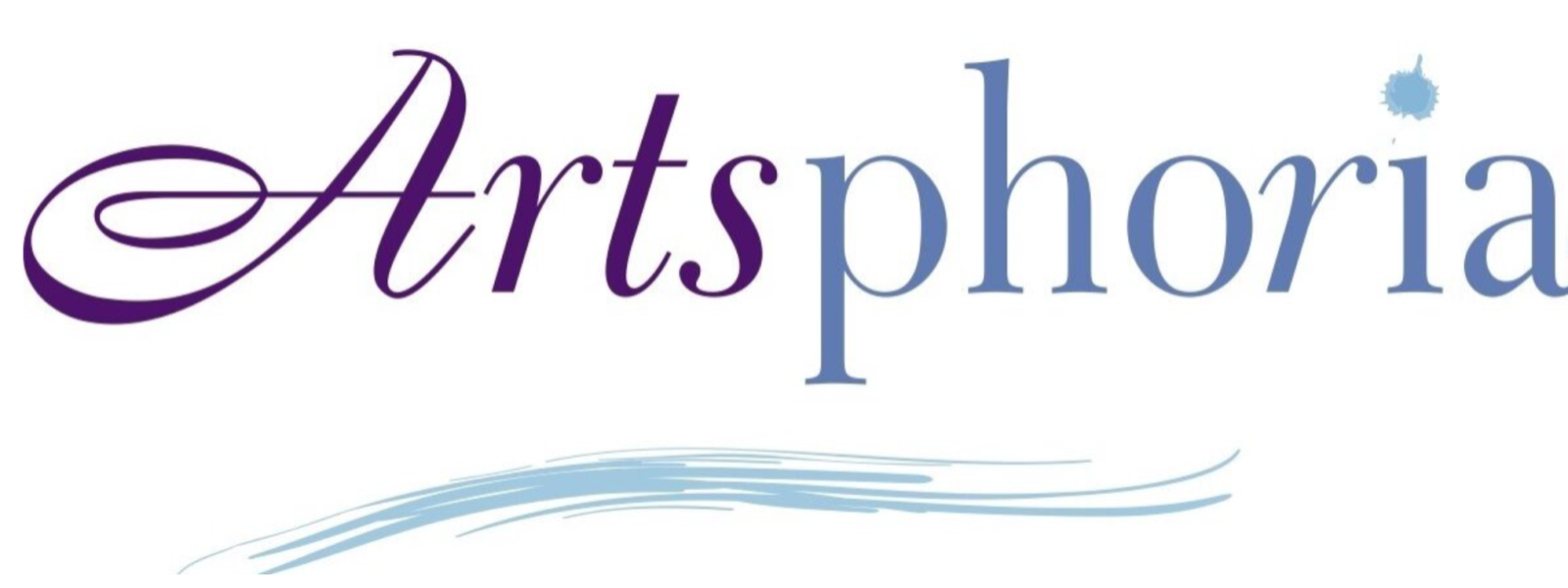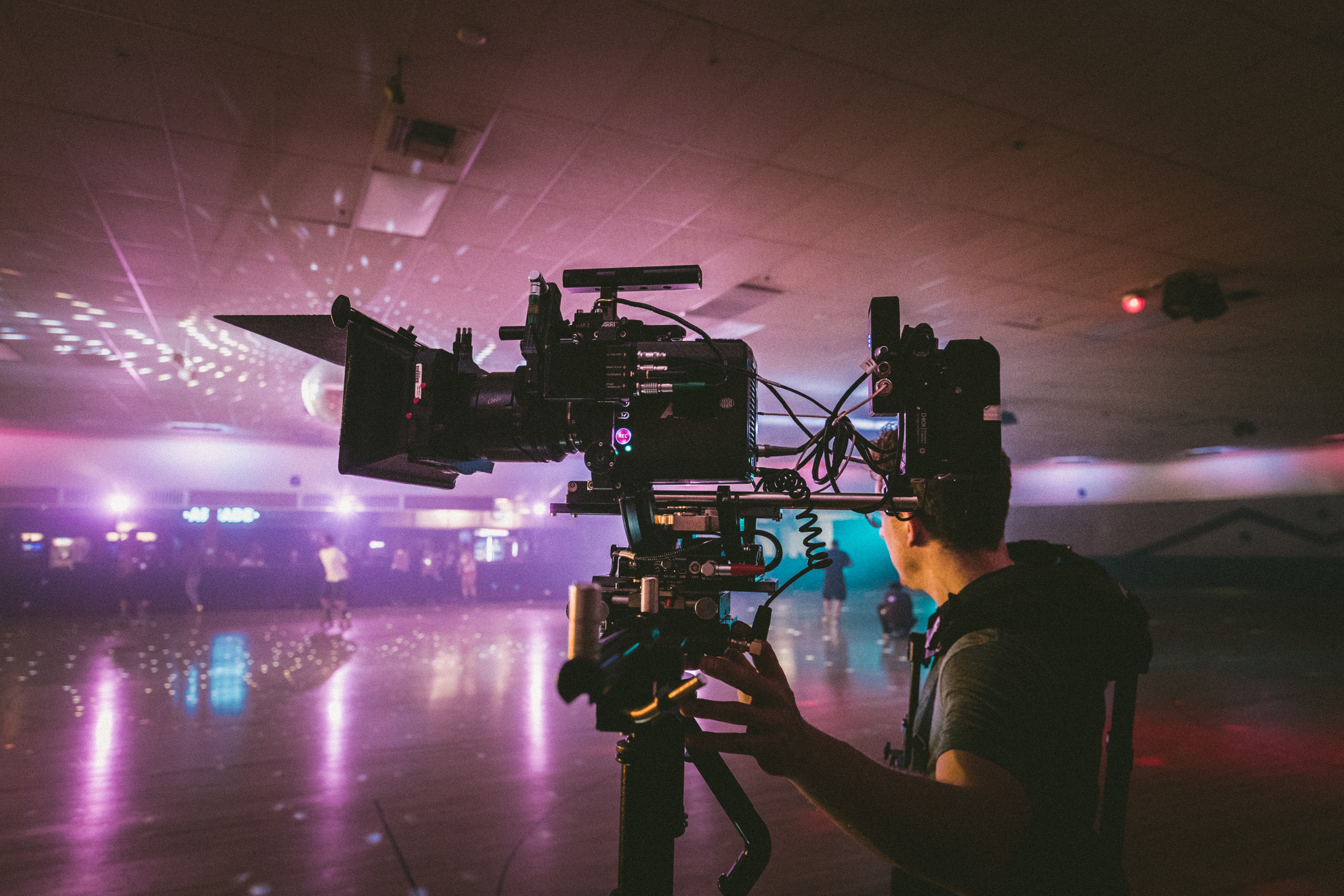By Andrea Karen Hammer
Filmmaking generally conjures up notions of a highly detailed creative process, but what is needed on the business side to ensure that projects are completed and distributed to a wide audience? During an information-packed Sundance Philadelphia Nonfiction Filmmaking Session at the Suzanne Roberts Theatre, a panel recently shared practical tips about “Navigating the Funding Landscape.”
Richard Ray Perez, who oversees Documentary Film Program partnerships at Sundance Institute was the moderator. Panelists included Ramona Diaz, an award-winning filmmaker who received the 2017 Special Jury Award at the Sundance Film Festival for Motherland. She also received a Guggenheim Fellowship in 2016, a Women at Sundance Fellowship and a Chicken & Egg Breakthrough Filmmaker Award in 2017 and a United States Artists Fellowship in 2019.
Another panelist was Ted Passon, an award-winning director and video artist who has exhibited short films in international festivals and galleries. He has won grants from JustFilms at the Ford Foundation, the IDA Enterprise Documentary Fund, the Bertha Doc Society and the San Francisco Film Society.
New York-based Sabrina Schmidt Gordon, a 2018 Women at Sundance fellow, shared her experiences as an award-winning documentary filmmaker. She made her producing and editing debut with Hip-Hop: Beyond Beats and Rhymes (2006 Sundance Film Festival premiere) and Quest (2017 Festival premiere), a New York Times Critics’ Pick and Film Independent Spirit Award nominee. She also co-produced, directed and edited the Emmy-nominated BaddDDD Sonia Sanchez, which won best film directed by a woman of color at the African Diaspora International Film Festival.
Sundance Philadelphia Nonfiction Filmmaking Session: “Navigating the Funding Landscape” Panel
Reflecting the spirit of the Sundance Philadelphia Nonfiction Filmmaking Session, the moderator and panelists carefully explained details about funding opportunities and freely shared helpful resources. Here are some condensed highlights:
Richard Ray Perez: Equity is a business transaction for filmmakers attracting interest from investors. When do you decide to take it because there are strings attached?
Ted Passon: In the Sundance Catalyst Program, it’s like Shark Tank for filmmakers. Thirteen filmmakers are picked for 15-minute presentations, and Sundance helps you rehearse. It’s like speed dating with investors. You need to figure out what you are promising them. Will they get their investment back, along with a 15% to 20% return?
Richard: What if you don’t have access?
Ramona: A high concept and the subject itself help.
Ted: Go to places where investors are like New York and Los Angeles. Get to know the business of funding. I received a grant from The Pew Charitable Trusts and a Garrett Scott grant, which involves representation and introductions at film festivals.
Ramona: Don’t always pitch. Just hang out, and learn to navigate and read the room to see what is appropriate.
Sabrina: With an ITVS licensing agreement, you are agreeing to broadcast on public TV. Other broadcast rights are off the table. Think about the agreement, and negotiate. Think through the life trajectory of a film.
Richard: What about smaller grants?
Ramona: They start with a strong proposal. The sample footage–about 10 minutes–must sing. Concentrate all your efforts here.
Sabrina: Be efficient and smart with your time. It’s a great exercise to see your projects on paper–and identify the holes or where you don’t have answers. They want to know that you have a handle on your story. It all keeps coming back to that in fund raising and interviewing.
Ted: Cut out the excess in the grant application. Less is more–land a punch! It’s agonizing to write about myself. Sometimes, it’s helpful to hire a grant writer and workshop your ideas to take off some of the pressure.
Richard: Sundance has a sample treatment and tips.
Question from audience member: How do you get funders to take you seriously?
Richard: There is no substitute for a good story, talent and skill. Make a good film.
Ramona: Read the feedback, and apply suggestions like hiring a good editor.
Question from audience member: What are the top three qualities of funded grant applications?
Ramona: Tell us what we’ll see–it’s a visual medium. Don’t make the treatment about the backstory unless it’s in the present tense. The treatment needs to be on point. Think through the story carefully and tell a strong one in a clear voice. Write it like a New Yorker article. Read the bios and profiles in the front.
Additional Information About Sundance Philadelphia Nonfiction Filmmaking Session and More
To learn more about other presentations during this outstanding nonfiction filmmaking session, watch for updates on Artsphoria International Magazine. For further reading about another discussion shaping Artsphoria’s long-term mission, see “Sundance: Synthesizing Art and Business.”

